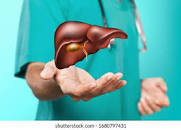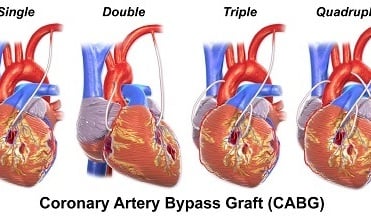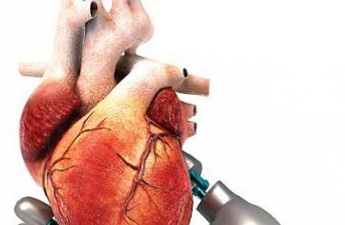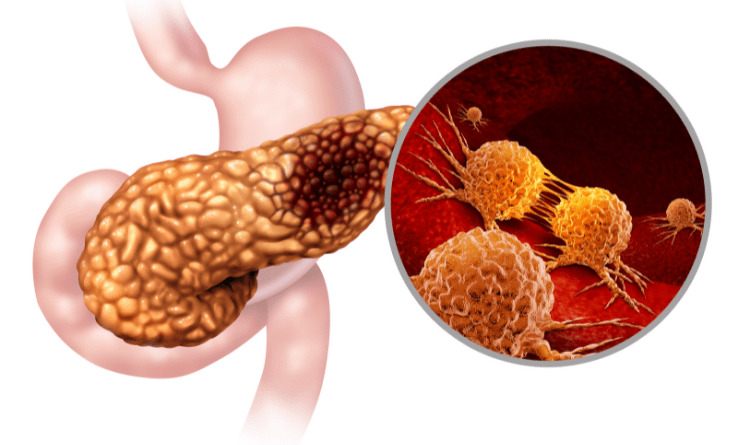liver transplant

To help you prepare for surgery, we've described how a liver transplant operation works and what to expect.
Liver Transplant Process
Your surgeon will make an incision in your abdomen during a liver transplant.
Cut the blood arteries that supply your sick liver.
The diseased liver is removed and replaced with a healthy donor liver.
The bile ducts and blood vessels must be reattached.
Finish closing the incision.
Complex liver transplants need advanced procedures.
Many complicated liver transplant surgeries are performed by liver transplant experts. We're prepared to deal with the dangers of surgery and any problems that may arise.
We also provide “bloodless” surgery to individuals who satisfy certain health criteria. The term "bloodless medicine" refers to the practice of not using stored blood products during an operation.
Risks of Liver Transplant Surgery
Although many liver transplants go through without a hitch, there are certain concerns to consider, including:
Bleeding
The donated liver was rejected.
Infection
Complications of the bile duct
Primary graft failure (when the liver does not function right away)
Longer hospital stays are possible as a result of these problems.
Increased recuperation time
In rare circumstances, even death,
Novel surgical techniques and medicines to help avoid or rapidly respond to problems after liver transplant surgery.
What Should You Expect After a Liver Transplant?
After a liver transplant, the post-op hospital recovery period lasts around two weeks. This varies depending on your condition before transplant, so talk to your doctor about it.
You'll spend the first several days in the transplant intensive care unit (ICU) recovering from the procedure. The liver transplant team will constantly monitor you and your new liver while you are here.
To assist in minimizing the likelihood of liver rejection, you will begin taking anti-rejection medicines straight soon.
When your body senses anything new, your immune system goes to work fighting what it perceives to be a threat. Anti-rejection medications work by suppressing your immune system's normal response, allowing your body to accept the new liver.
Once you're stable, you'll be transferred to a patient room on the transplant floor.
During this period, your liver transplant team will: Assist you in getting up and moving around. Being too motionless immediately after surgery increases your risk of blood clots.
Manage your meals to help you gradually return to eating solid foods.
Work with you to develop a treatment plan that you will follow when you are diagnosed.
Get in Touch with Medical Experts
Most Searched Blog

Heart Surgery

Heart Transplant

Atrial Septal Defect
